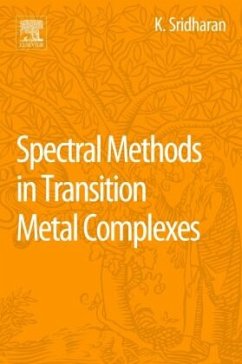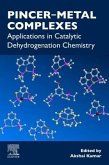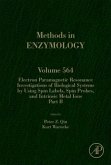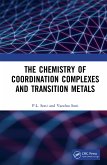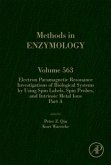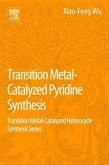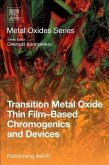Spectral Methods in Transition Metal Complexes provides a conceptual understanding on how to interpret the optical UV-vis, vibrational EPR, and NMR spectroscopy of transition metal complexes.
Metal complexes have broad applications across chemistry in the areas of drug discovery, such as anticancer drugs, sensors, special materials for specific requirements, and catalysis, so a thorough knowledge in preparation and characterization of metal complexes, while niche, is critical.
Accessible to both the seasoned researcher and the graduate student alike, this book provides readers with a single source of content that addresses spectral methods in transition metal complexes.
Metal complexes have broad applications across chemistry in the areas of drug discovery, such as anticancer drugs, sensors, special materials for specific requirements, and catalysis, so a thorough knowledge in preparation and characterization of metal complexes, while niche, is critical.
Accessible to both the seasoned researcher and the graduate student alike, this book provides readers with a single source of content that addresses spectral methods in transition metal complexes.
